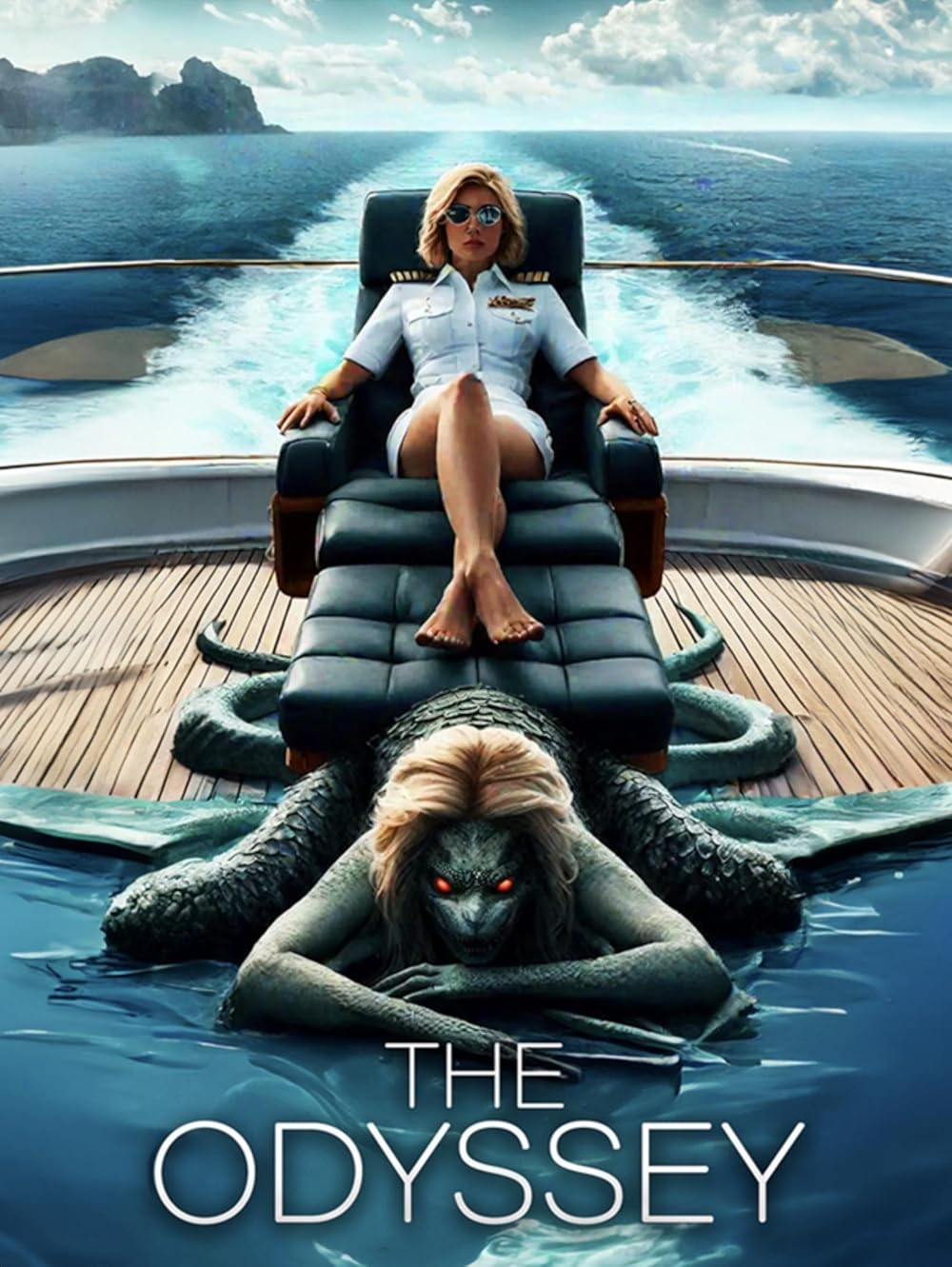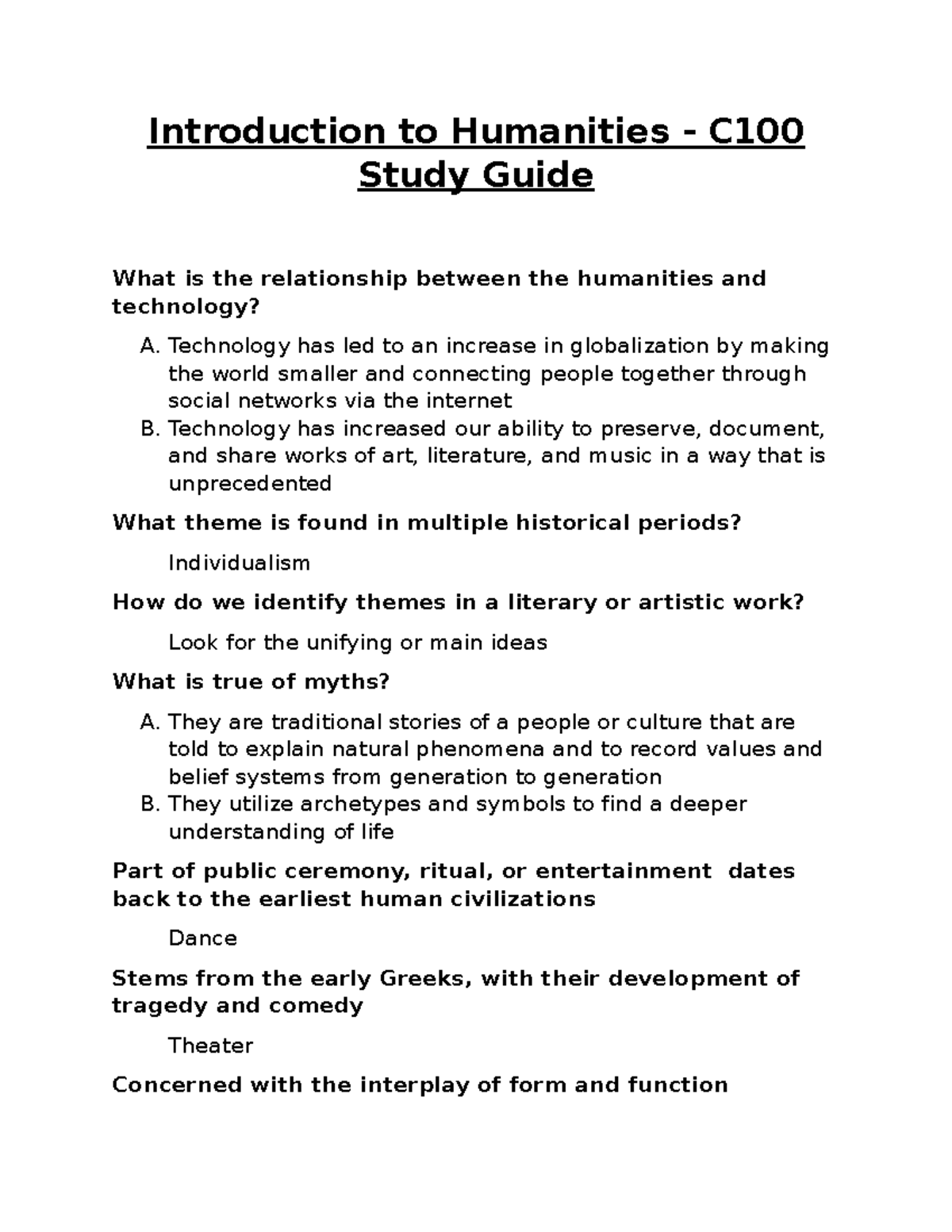Homer’s “Odyssey” continues to captivate audiences with its timeless tale of adventure, heroism, and human struggle. This epic Greek poetry, composed nearly 3,000 years ago, explores the multifaceted character of Odysseus, a figure whose cunning and complexity resonate through the ages. Recent adaptations, including Daniel Mendelsohn’s celebrated translation, have sparked renewed interest in this masterpiece and its profound themes. With a film adaptation by acclaimed director Christopher Nolan on the horizon, the ongoing relevance of the “Odyssey” is undeniable. Whether through theater, translation, or film, this epic remains a powerful testament to the enduring appeal of Homer’s incredible storytelling.
The narrative of the “Odyssey”, attributed to the ancient poet Homer, reflects an extraordinary journey filled with trials and the quest for identity. Odysseus, a charming trickster and flawed hero, embodies the struggle against adversity in his relentless pursuit to return home. Recent efforts, including the innovative translations and theatrical productions, breathe new life into this classic tale, inviting a broader audience to explore its depths. The unique storytelling and rich character development present in this epic continue to inspire modern interpretations, showcasing the timeless nature of its themes. As readers delve into this poetic journey, they discover not only the adventures of Odysseus but also the universal truths that bind humanity across generations.
The Enduring Appeal of Homer’s Odyssey
Homer’s ‘Odyssey’ remains a timeless masterpiece, captivating readers for nearly 3,000 years. Its multifaceted narrative, blending adventure with deep philosophical insights, continues to resonate with audiences around the globe. The epic’s exploration of themes such as heroism, loyalty, and the human condition ensures it is as relevant today as it was in ancient times. With adaptations like the recent A.R.T. production and a movie directed by Christopher Nolan in the works, the ‘Odyssey’ is once again at the forefront of popular culture, proving that great literature can transcend time and medium.
In addition to its storytelling prowess, ‘The Odyssey’ serves as a cultural touchstone that reflects the values and struggles of its time. The character of Odysseus, with his cunning and resilience, embodies the complexities of human nature, making him a relatable figure for modern readers. His journey home is not just a physical odyssey but a profound exploration of the self and the trials that shape one’s identity. This layered narrative invites readers to embark on their own journeys of discovery, making it a compelling work for generations.
Daniel Mendelsohn’s Translation of The Odyssey
Daniel Mendelsohn’s new translation of ‘The Odyssey’ is much anticipated by literary enthusiasts, especially given his unique approach that combines lyrical elegance with scholarly precision. His translation promises to invigorate the epic poem for contemporary audiences while respecting its ancient roots. As a Bard scholar, Mendelsohn brings a fresh perspective to this classic work, enhancing its accessibility without sacrificing the integrity of Homer’s original text. Readers can expect a rendition that captures the emotional depth and rhythmic beauty of the original, making it a striking addition to the vast array of ‘Odyssey’ translations.
The process of translating an epic like ‘The Odyssey’ is not merely about converting Greek text into English but also involves conveying the nuances of cultural context and emotional undertones. With over 100 translations available, Mendelsohn’s work builds upon this rich tradition, making his interpretation an essential part of ongoing discussions around Homeric studies. His sensitivity to character portrayal, particularly with figures like Odysseus and Penelope, invites readers to see these heroes through a new lens while sparking discourse on themes of identity, loyalty, and intellect within the narrative.
The Character of Odysseus: An Epic Hero or Trickster?
Odysseus, often celebrated as the quintessential epic hero, possesses characteristics that challenge standard definitions of heroism. His cleverness and strategic cunning label him a ‘trickster,’ a figure that defies norms and embraces both moral ambiguity and adaptive strategies. This duality makes him a compelling subject for interpretation, as he embodies both the strengths and flaws of humanity. Scholars like Greg Nagy emphasize how Odysseus’s ability to navigate social rules—often bending or breaking them—teaches audiences about the complexity of ethical choices in life.
Moreover, the way Odysseus employs his cunning reveals deeper insights into his character. Rather than a straightforward hero who relies solely on physical strength, he navigates challenges through wit and deception, often leading to morally dubious decisions. This complexity invites readers to engage with the theme of what it means to be a hero in a flawed world, reinforcing why Odysseus is an enduring figure in Western literature. His journey encapsulates the essence of the human experience, prompting readers to examine their values and moral compass.
Exploring Penelope’s Intelligence in The Odyssey
While Odysseus often takes center stage as the archetypal hero, Penelope’s character in ‘The Odyssey’ deserves equal attention for her intellect and resilience. As the wife of Odysseus, she faces immense pressure and uncertainty during his long absence. However, her clever strategies for maintaining control over her household and delaying the advances of her suitors reveal a profound wisdom that often goes unnoticed. Scholars like Nagy assert that Penelope’s ability to navigate her precarious situation showcases a different, yet equally vital, form of strength, one rooted in emotional and intellectual acuity.
Penelope’s dream interpretation, as narrated in the epic, highlights her insightfulness and agency. This aspect reinforces the narrative’s exploration of gender roles and the capabilities of women in ancient literature. Through her character, readers experience a deeper understanding of loyalty, patience, and the complexities of waiting—values that resonate with contemporary audiences. Penelope’s actions challenge the more traditional heroic narrative set forth by Odysseus, offering a more nuanced portrayal of strength found within intelligence and emotional resilience.
The Journey of the Soul in The Odyssey
At its heart, ‘The Odyssey’ is not just an adventure story; it is a profound journey of the soul. As Odysseus faces numerous challenges on his quest to return home, each trial serves as a catalyst for personal growth and transformation. Greg Nagy emphasizes that readers can view Odysseus’s odyssey as a metaphor for their own life journeys, where struggles and tribulations pave the way for self-discovery. This thematic element resonates universally, drawing in readers who seek to reflect on their own paths and the trials that shape their identities.
Moreover, the epic’s exploration of the human condition invites readers to engage in a philosophical inquiry about fate, free will, and the nature of heroism. The character’s evolution throughout the narrative illustrates the importance of perseverance and learning from setbacks. By delving into the intricacies of Odysseus’s experiences, ‘The Odyssey’ encourages readers to embrace their journeys, fostering resilience and an understanding of the deeper narrative that connects us all. This invitation to reflect on one’s self in relation to the epic’s themes makes the ‘Odyssey’ a timeless and transformative work.
The Legacy of Epic Greek Poetry
Epic Greek poetry, epitomized by Homer’s ‘Odyssey’, has profoundly influenced Western literary traditions and cultural narratives. The intricate storytelling, complex characters, and moral dilemmas presented in the ‘Odyssey’ set a standard for narrative form and thematic depth. Scholars recognize its role as a foundational text that has inspired countless writers and poets across centuries, contributing significantly to the evolution of literary genres. The engagement with epic themes enables modern adaptations to resonate with contemporary audiences, allowing the essence of Greek literary greatness to endure.
Additionally, the legacy of the ‘Odyssey’ extends beyond literature into various aspects of art and culture, intersecting with philosophy, psychology, and even politics. The rich symbolisms within the story encourage diverse interpretations, making it relevant in discussions about leadership, identity, and human behavior. This sustained interest in epic Greek poetry reflects its adaptability and relevance in understanding human experiences, ensuring that the discussions about works like ‘The Odyssey’ remain vibrant and essential in contemporary dialogues.
The Role of Adaptations in Popularizing The Odyssey
Adaptations of ‘The Odyssey’, from stage productions to film interpretations, play a crucial role in introducing Homer’s epic to new generations. Each reimagining offers a unique perspective, allowing creators to explore its timeless themes in innovative ways. The recent buzz surrounding Christopher Nolan’s upcoming movie adaptation showcases how modern filmmakers leverage the rich narrative of the ‘Odyssey’ to craft engaging stories that resonate with today’s audiences. Such adaptations not only revive interest in the original text but also invite broader discussions about its themes and characters.
Moreover, adaptations can democratize access to classic literature, breaking down barriers that might deter contemporary audiences from engaging with ancient texts. By placing the ‘Odyssey’ in modern contexts, creators can bridge the gap between past and present, making Homer’s work more relatable. The influx of various interpretations enriches the cultural tapestry surrounding the ‘Odyssey’, making it an evergreen conversation starter that continues to inspire artistic expression and scholarly exploration in an ever-changing world.
The Significance of The Odyssey in Contemporary Education
‘The Odyssey’ holds a significant place in educational curricula, serving as an essential tool for teaching literature and critical thinking. Its complex narrative structure, rich character development, and profound ethical dilemmas prompt students to engage deeply with the text. Educators often utilize the epic to foster discussions around themes like justice, loyalty, and the nature of heroism, encouraging students to connect personal experiences with the text’s overarching messages. This approach not only enhances comprehension but also cultivates appreciation for classical literature.
Additionally, studying ‘The Odyssey’ helps students develop analytical skills as they navigate its intricate plot lines and character dynamics. By examining the motivations behind Odysseus’s and Penelope’s actions, learners can better understand the human experience and its moral complexities. This connection to the epic enhances students’ literary analysis capabilities while encouraging them to draw parallels to contemporary issues, making ‘The Odyssey’ a vital component of comprehensive literature education.
Homer’s Odyssey: A Window into Ancient Greek Society
Homer’s ‘Odyssey’ offers invaluable insights into the social values and cultural norms of ancient Greek society. Through its rich tapestry of characters and events, the epic reveals aspects of daily life, religious beliefs, and social hierarchies that defined the era. The interactions between gods and mortals exemplify the importance of divine intervention in worldly affairs, reflecting the Greeks’ belief in fate and the influence of the divine on human lives. Such themes provide context for understanding the moral and ethical frameworks guiding ancient Greek civilization.
Furthermore, by examining key figures in ‘The Odyssey’, readers can discern the roles and expectations placed upon men and women in ancient society. Characters like Odysseus epitomize the values of bravery and intellect, while Penelope represents fidelity and cunning. Through these portrayals, the epic allows modern audiences to explore ancient gender dynamics and societal expectations, fostering a richer understanding of historical context. ‘The Odyssey’ serves not only as a literary classic but also as an essential resource for understanding the complexities of ancient Greek society and its enduring legacy.
Frequently Asked Questions
What is the significance of Odysseus in Homer’s Odyssey?
Odysseus, the central character of Homer’s Odyssey, embodies the archetypal ‘trickster’ hero, showcasing traits like cunning and complexity. His journey reflects the struggles of human existence, making him a timeless figure in epic Greek poetry. Readers find his character intriguing due to his capacity to navigate various challenges, revealing deeper truths about human nature and resilience.
How does Daniel Mendelsohn’s translation of The Odyssey differ from others?
Daniel Mendelsohn’s translation of The Odyssey offers a fresh perspective, emphasizing narrative clarity and emotional depth. Unlike previous translations, it captures the nuances of Homer’s language while making the epic accessible to contemporary readers. His unique approach helps illuminate Odysseus’ multifaceted character, showcasing the enduring impact of this classic work.
Why has The Odyssey remained popular for nearly 3,000 years?
The Odyssey’s enduring popularity can be attributed to its universal themes of adventure, identity, and perseverance. The character of Odysseus resonates with readers as a complex ‘trickster’ who faces moral dilemmas, making the epic relevant across generations. Its adaptations, including stage productions and upcoming films, continue to inspire new audiences, solidifying its place in epic Greek poetry.
What are key themes explored in Homer’s Odyssey?
Homer’s Odyssey explores themes of loyalty, revenge, and the journey of self-discovery. Central to the narrative is Odysseus’ quest to return home, symbolizing the broader human experience of striving for belonging and understanding. These timeless themes engage readers and invite them to reflect on their own life journeys, reinforcing the poem’s relevance throughout history.
Who are the main characters in Homer’s Odyssey?
The main characters in The Odyssey include Odysseus, the clever and resourceful hero; Penelope, his faithful and intelligent wife; and Telemachus, their son, who embarks on his journey of self-discovery. Each character contributes to the rich tapestry of the narrative, highlighting various aspects of loyalty, cunning, and growth within the epic Greek poetry tradition.
What qualities make Penelope an admirable character in The Odyssey?
Penelope’s intelligence and resourcefulness make her a standout character in The Odyssey. Her ability to outsmart suitors and remain loyal to Odysseus, even in his absence, showcases her strength and wit. Many praise her for demonstrating a form of cleverness akin to Odysseus, which adds depth to the epic and enriches the portrayal of women in epic Greek poetry.
How does the concept of the ‘journey of the soul’ manifest in The Odyssey?
In The Odyssey, the ‘journey of the soul’ is embodied by Odysseus’ epic quest, which serves as both a physical and spiritual exploration. As he faces various trials and adversities, his experiences lead to profound self-discovery and personal growth, reflecting the poem’s profound philosophical insights into life, purpose, and fulfillment within the context of epic Greek poetry.
What role does trickery play in Homer’s Odyssey?
Trickery is a central theme in Homer’s Odyssey, primarily embodied by Odysseus, who often uses cunning tactics to navigate challenges. This ‘trickster’ element emphasizes the importance of intellect over brute strength and reveals deeper moral lessons about societal norms and the consequences of deception, enriching the narrative of the epic.
| Key Points |
|---|
| ‘The Odyssey’ is experiencing renewed interest through various adaptations and translations, showcasing its enduring relevance. |
| A stage adaptation at American Repertory Theater and a new film directed by Christopher Nolan are upcoming projects associated with the epic. |
| Greg Nagy highlights the significance of Odysseus as a character who embodies cunning and complexity, reflecting a journey of the soul. |
| There are over 100 translations of ‘The Odyssey’, with notable ones from George Chapman, Emily Wilson, Richmond Lattimore, and Robert Fitzgerald. |
| Penelope, Odysseus’ wife, is celebrated for her intelligence and cleverness, making her a compelling character in the narrative. |
Summary
The Odyssey is a timeless classic that continues to resonate with audiences across generations. Its themes of adventure, identity, and the human experience have been explored in recent adaptations, including stage performances and upcoming films. Through the lens of characters like Odysseus and Penelope, readers are invited to embark on their own journey of self-discovery and reflection. The rich tapestry of translations and interpretations ensures that The Odyssey remains a vital and significant work in the literary canon.



